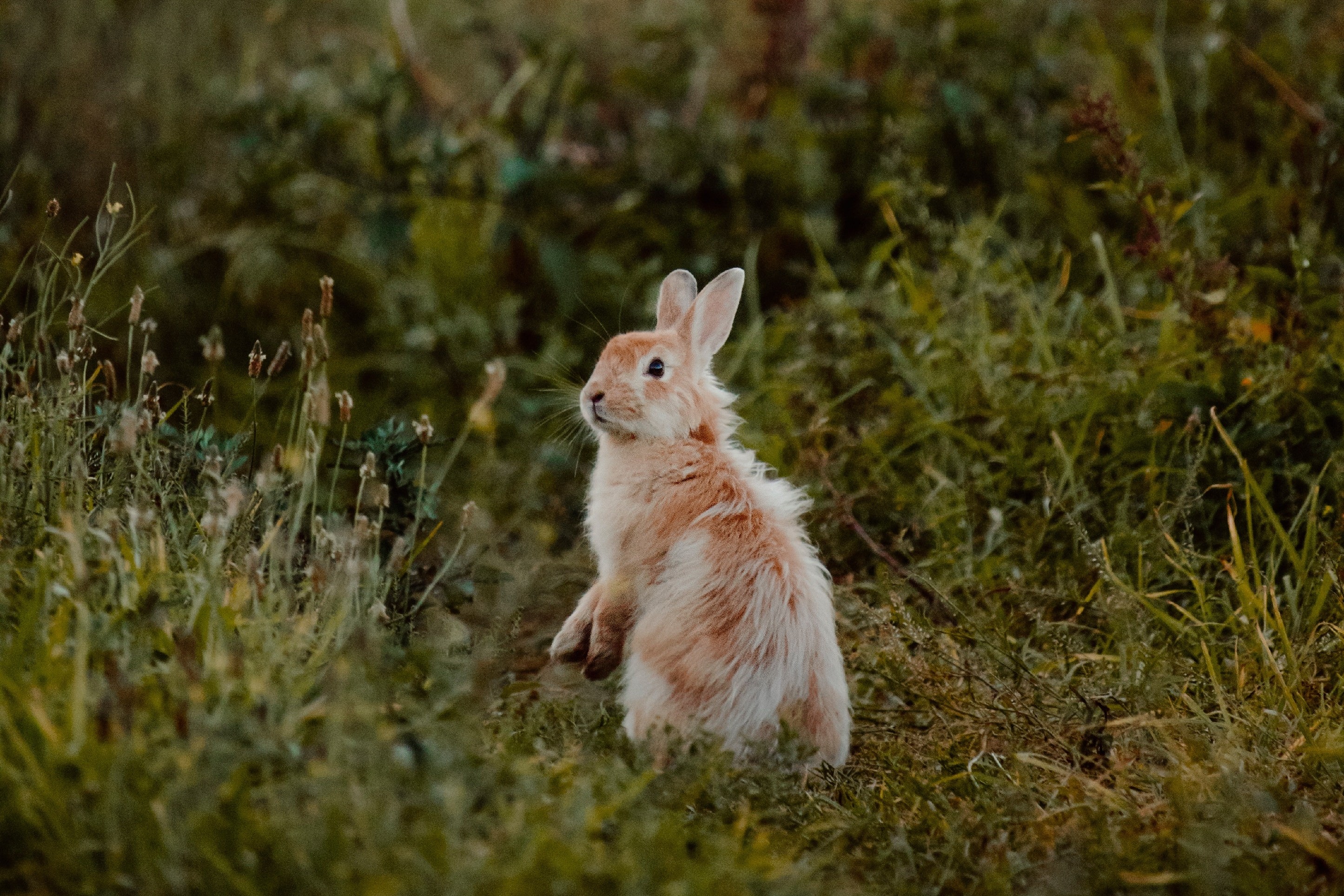
Note to readers: this poem is best viewed on a full-screen device or in mobile desktop mode.
What The Hare Said At The Crossroads by Daniel A. Rabuzzi
In the half-salt haze-lands,
Along the tween-light marches,
I met a great crowned hare at crossroads.
His flanks pale upon
An impious greywacke throne
Tall, lean and haughty,
He lowered
With his necklace golden
And eyes that saw my core.
“Which way? You ask”
He said and laughed.
“Classic choice, you know your tales,
Leftwise: briars, thorns, a 'starved ignoble nature'
Rightwise: myrtle, blooms, a salved uncommon station.”
I glanced each way
[ ! ]
[ ! ]
My heart on fire,
Sick for his advice, yet
Shy of sly and tricksy counsel.
I glanced, I peered
[ ! ]
[ ! ]
My breathing raw,
My thinking wary.
“Quick now, mortal!”
He thumped one mighty foot.
“Hopscotch and widdershins!
“Left and right may turn about,
Whose left, whose right?”
So I chose too rash, in haste;
A choice once made cannot be amended.
And now I grasp to glimpse him,
His crown, pale fur and necklace gilded,
Amongst the weeds and burdock.